Core Team
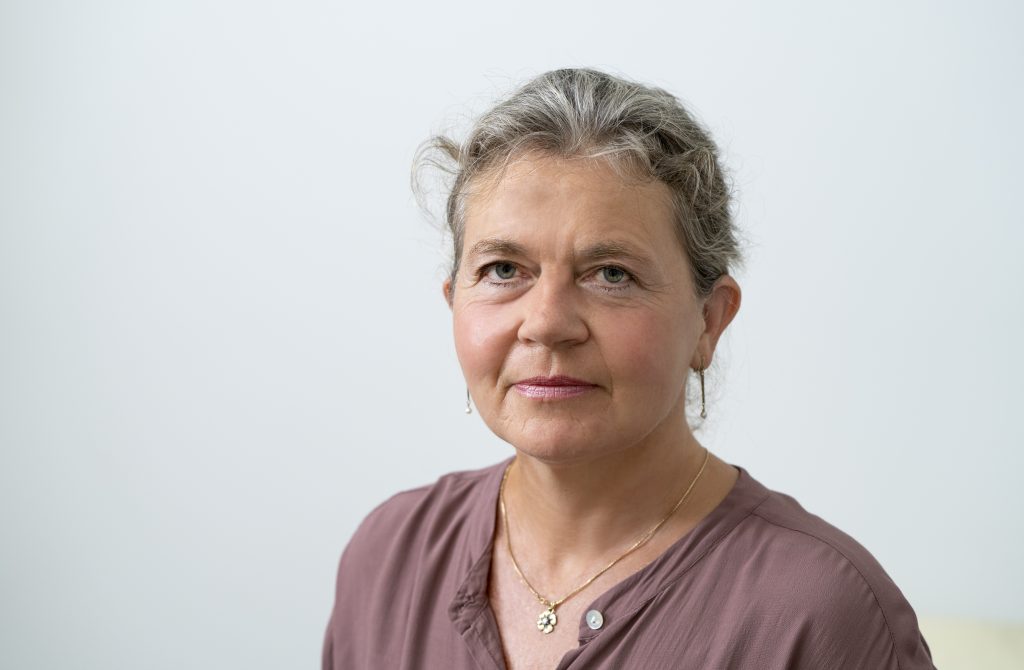
Karin Buhmann, professor, dr.scient.adm. & PhD, is the principal investigator (PI) for FRONTIERS. As such, she is overall responsible for the project and collaborates closely with the junior scholars on their research. Karin brings her expertise on risk-based (corporate sustainability) due diligence, responsible business conduct along value chains, sustainable investing and interaction between public and private regulation, self-regulation and ‘smart’ regulation into the project, as well as her extensive global network to companies, consultants, civil society, regulators and authorities, and other scholars from various disciplines. For more details, please visit Karin’s website.
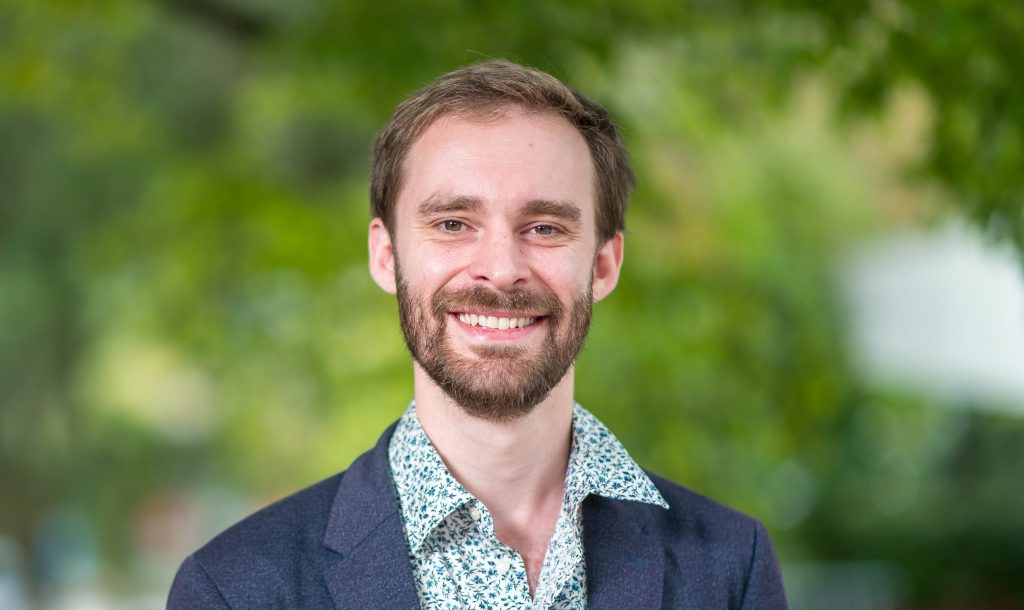
Raphael Deberdt is a FRONTIERS Post-Doctoral Fellow at Copenhagen Business School. His research centers on the development of new extractive frontiers for critical minerals, with a focus on deep sea mining. He studies the socio-economic and environmental impacts of this industry and its ramification for risk-based due diligence. More broadly, he is interested in the geopolitical dynamics, socio-environmental perceptions of cross-border oceanic mining, and politico-scientific efforts to rein in the DSM industry as they present new challenges for the definition of legal and administrative requirements for a just low-carbon transition.
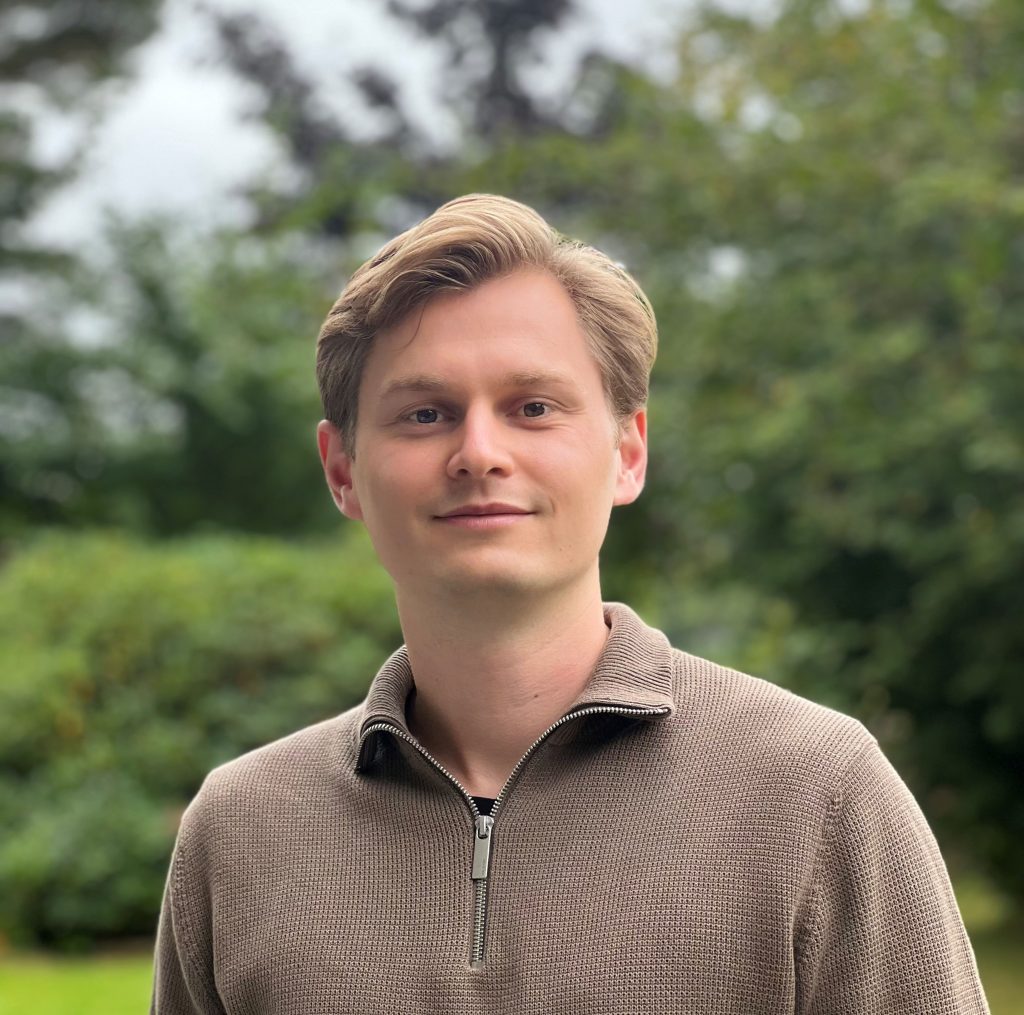
Jakob Lutz is a PhD Fellow in the FRONTIERS research project. He explores how institutional investors practice responsible investing in complex, delegated financing structures—for example, when pension funds allocate capital to externally managed infrastructure and private equity funds that finance large energy-transition projects. He examines how and why human rights and environmental due diligence is designed and enacted in such settings, why investor leverage may be structurally constrained, and how organizations interpret their responsibility to do no harm alongside fiduciary duty at a time when ESG practices are publicly contested.
Jakob’s research advances understanding of human rights and environmental due diligence in the financial sector and provides conceptual clarity and actionable design guidance to help expectations in mandates and contracts translate into outcomes on the ground. The research is situated in Business and Human Rights while integrating perspectives from Responsible Investing, Sustainable Finance, and Management and Organization Studies.
As part of his research, Jakob maintains active dialogue with practitioners and Business and Human Rights experts, meeting regularly with Nordic pension funds, banks, development finance institutions, and consultancies to develop and exchange insights. He is expanding collaborations with academic colleagues and practitioner networks working on energy-transition projects in Brazil and Colombia, adding comparative and international perspectives.
Jakob has contributed to Business and Human Rights sessions at the Academy of Management Annual Meeting (AoM) and the International Association of Business and Society (IABS). He also writes for broader audiences, including the Business and Human Rights Journal Blog. At CBS, Jakob teaches master’s-level courses on the governance of business and human rights principles in sustainable finance and responsible investing.
Find Jakob’s profile on the CBS Website and LinkedIn.
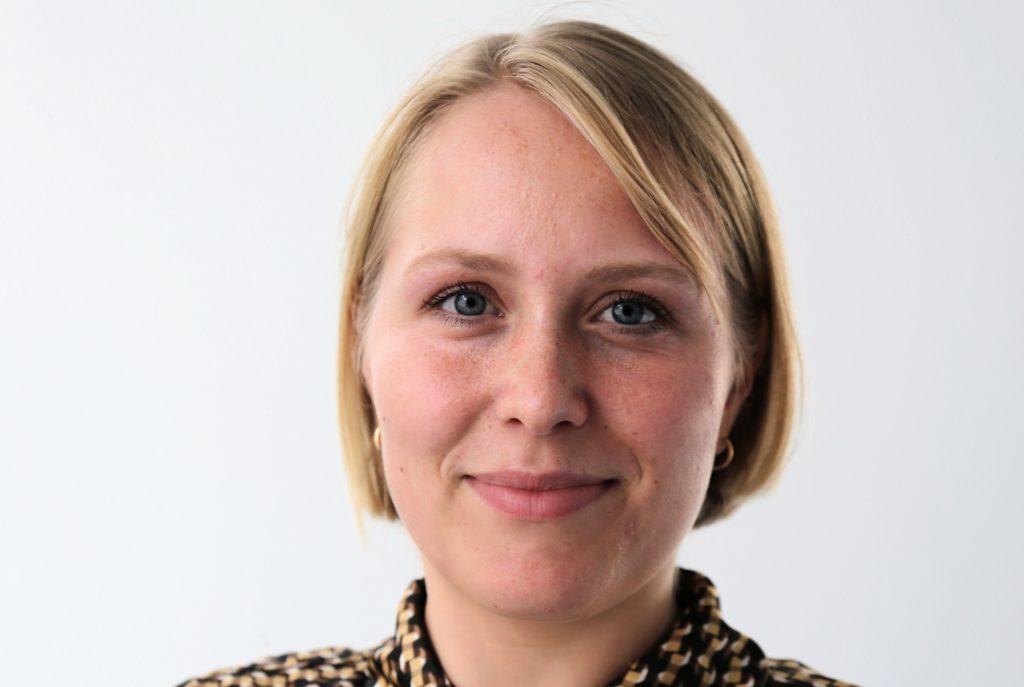
Helga Askgaard Estrup is a PhD fellow in the FRONTIERS research project. Helga’s research explores how renewable energy companies can work towards responsible and resilient mineral supply chains, both in their own organisation and through multistakeholder initiatives. She examines Human Rights and Environmental Due Diligence (HREDD) as a process to identify and address the human rights and environmental challenges linked to mineral supply chains, while also advancing the understanding of what challenges renewable energy companies face in carrying out this process. These challenges include tracing opaque supply chains, exercising leverage in global mineral markets, and geopolitical tensions on energy security and mineral resilience. Read more here.
Between September 2025 and January 2026, Helga will be hosted by Professor Cláudia Marconi as a visiting researcher at FECAP Business School (Fundação Escola de Comércio Álvares Penteado), São Paulo, Brazil. This research exchange will provide her research with perspectives from one of the world’s largest mining nations.
Helga has presented her research at international academic conferences. At the Academy of Management (AOM) Annual Meeting 2025, at the Professional Development Workshop on Interdisciplinary Research on Business, Human Rights, and Sustainability she presented on barriers and opportunities for renewable energy companies in implementing HREDD. Helga has also presented her work at a Research Workshop on Business and Human Rights hosted by the Faculty of Law of the University of Valencia. She also teaches at Copenhagen Business School, including a hands-on lecture on how to implement HREDD.

Post-doc 1 (to be recruited; tentative start date 1 March 2025); and Post-doc 2 (to be recruited; tentative start date 1 September 2025) will work on sub-projects related to the overall topic of FRONTIERs.
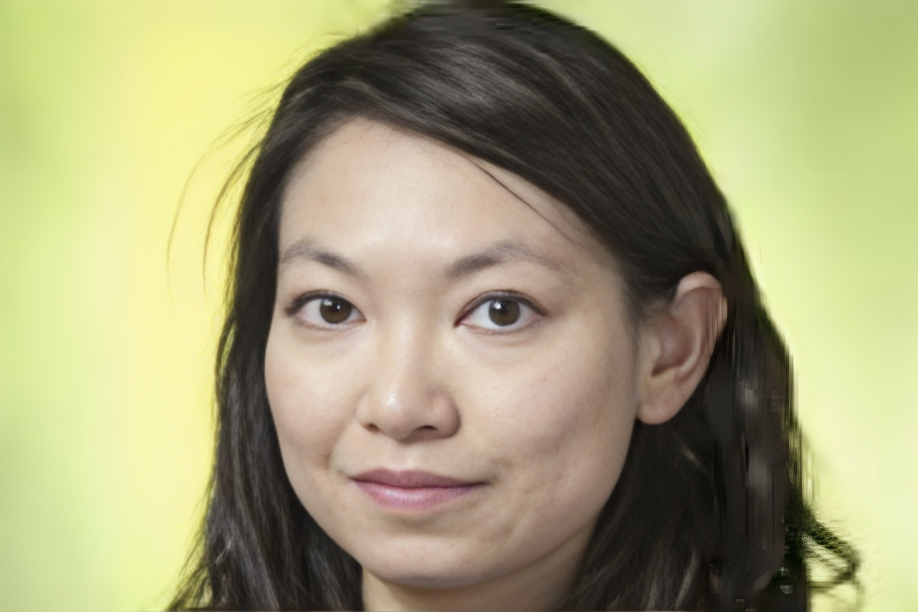
Post-doc 3: Dr. Jingjing Wu. Dr Wu holds a Marie Curie post-doc in Rights of Nature at the University of Southern Denmark and will join FRONTIERS during the first half of 2026, with a Rights-of-Nature focus.
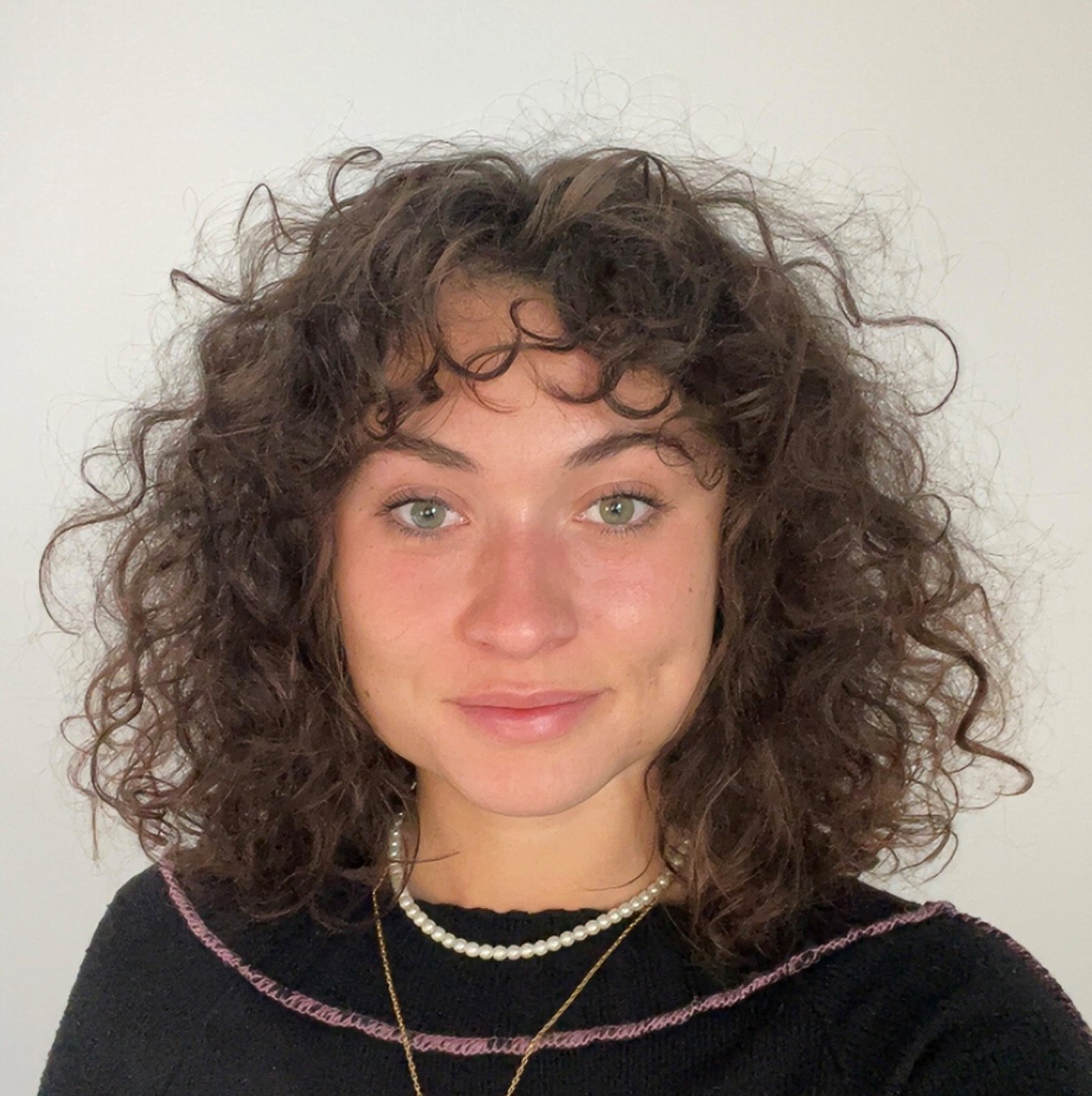
Juliette Meunier is a master student working as a student research assistant on the FRONTIERS project next to her education. Her research area focuses on deep-sea mining, its development and its regulations. She therefore writes a literature review on the topic, analyzes data and helps with ad-hoc tasks such as event planning.
